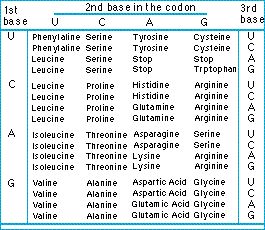The evidence for evolution - What do homologous similarities tell us?

Historical accident.
According to this theory the code is arbitrary, in the same sense that human language is arbitrary. In English the word for a horse is 'horse', in French it is 'cheval', in Ancient Rome it was 'equus'. There is no reason why one particular sequence of letters rather than another should signify the same animal. Therefore, if we find more than one person using the same word, it implies they have both learned it from a common source. It implies common ancestry rather than independent origin.
All living species use a common, but equally arbitrary, language in the genetic code. The reason is thought to be that the code evolved early on in the history of life, and one early form turned out to be the common ancestor of all later species. The code is then what Crick called a “frozen accident”.
The original choice of a code was an accident; but once it had evolved, it would be strongly maintained. Any deviation from the code would be lethal. An individual that read GGC as phenylalanine instead of glycine, for example, would bungle all its proteins, and probably die at the egg stage.
Molecular homologies, such as the genetic code, now provide the best evidence that all life has a single common ancestor.
Table: the genetic code, expressed here for mRNA. Each triplet encodes for one amino acid and the same code is universal in nature.
| Next |



